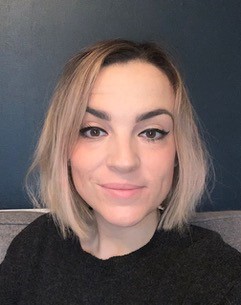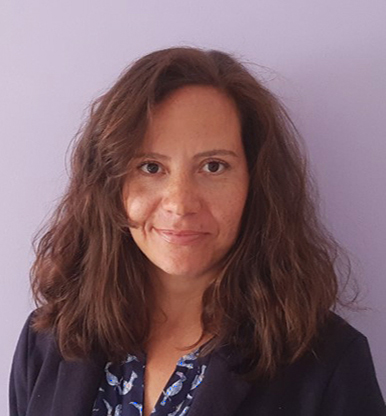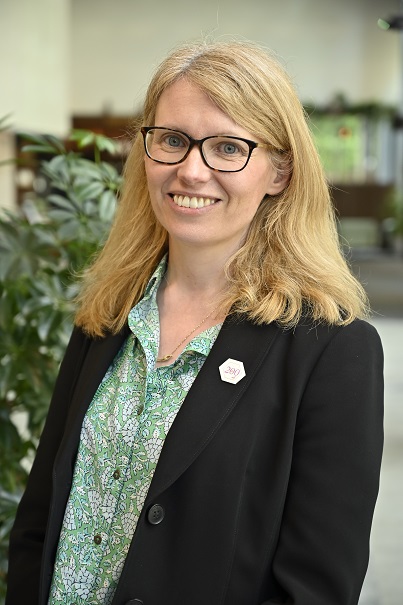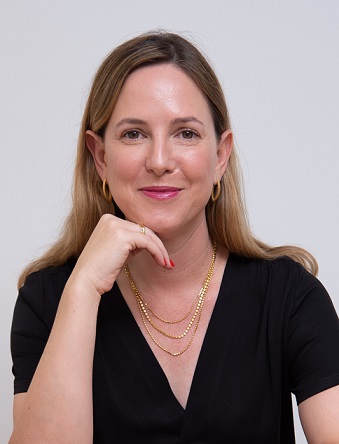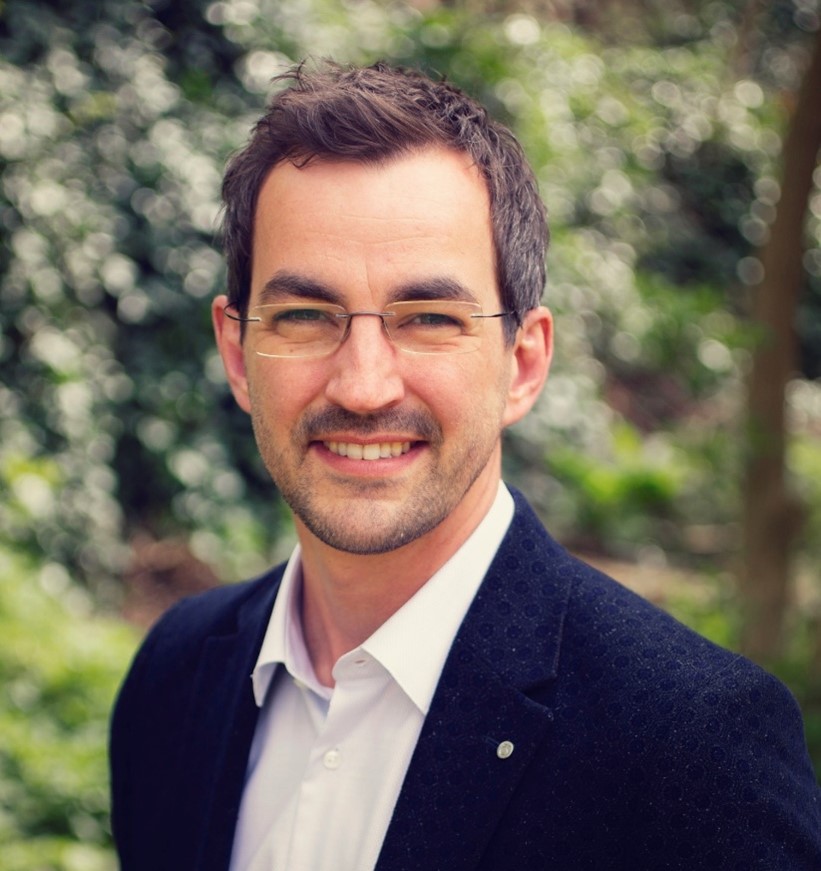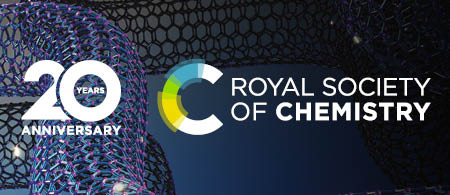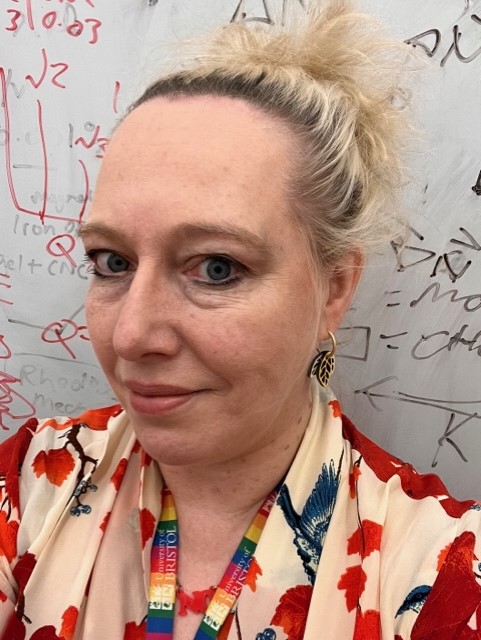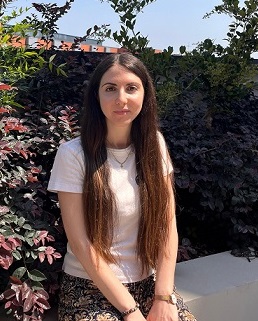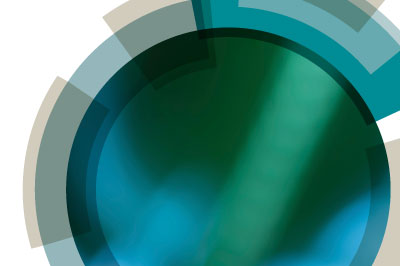Welcome
Join us in Glasgow in May 2025 for this edition of the Faraday Discussion series. The Faraday Discussions are unique international discussion meetings that address current and emerging topics at the forefront of the physical sciences.This meeting is for established and early-career scientists, postgraduate students and industrial researchers working on various aspects of supramolecular gels. It will provide an ideal forum for cross-fertilisation of ideas and understanding between the distinct but adjacent communities working in this exciting field. On behalf of the organising committee, we look forward to welcoming you to Glasgow.
Dave Adams and Annela Seddon (Co-chairs)
Why attend?
Find out more about Faraday Discussions in the video and FAQs – see Useful links on the right.A unique conference format that prioritises discussion
At a Faraday Discussion, the primary research papers written by the speakers are distributed to all participants before the meeting – ensuring that most of the meeting is devoted to discussing the latest research.
This provides a genuinely collaborative environment, where discussion and debate are at the foreground. All delegates, not just speakers, are invited to make comments, ask questions, or present complementary or contradictory measurements and calculations.
An exciting programme of talks – and more
Take part in a well-balanced mix of talks, discussion, poster sessions and informal networking, delivered by our expert events team. You can explore the full programme in the downloadable files on the right – whether you’re attending in-person or online, every minute provides an opportunity.
The conference dinner, included in the registration fee, contains the Marlow Cup ceremony: a unique commemoration of past Faraday Discussion organisers that is sure to encourage further discussions over dinner.
In-depth discussion with leaders in the field
World-leading and established researchers connect with each other and early-career scientists and postgraduate students to discuss the latest research and drive science forwards. It’s a unique atmosphere – and challenging others to get to the heart of the problem is encouraged!
Your contributions, published and citable
A citable record of the discussion is published in the Faraday Discussions journal, alongside the research papers. Questions, comments and remarks become a valuable part of the published scientific conversation, and every delegate can make a major contribution.
Discover Glasgow
The Discussion will take place in Glasgow. Step out to explore the city while you’re here – or stay a few extra days to explore the city further and the surrounding area.
Themes
Our ability to make soft materials based on the fundamental principles of self-assembly has led to a rich and varied global interdisciplinary community, particularly in the area of functional supramolecular gels. These gels are formed by the self-assembly of small molecules into one dimensional structures that entangle to form a network. Their applications are broad; gels have been shown to be of value in the life sciences in 3D cell culture, with a number of recent spin-out companies focused in this area but also have promise as new optoelectronic materials. The inherent interdisciplinarity of the field provides opportunities for chemists, physicists, biologists and engineers to work together, but also raises a number of challenges. Exciting new developments are opening up in transient and dynamic gels, and in the techniques used to study these systems – in particular contrast-matched small-angle scattering, cryo-TEM, and super-resolution microscopy. The four themes of this meeting will bring together different research communities and particular emphasis will be placed upon the transfer of learning between the different themes.Design of gelling systems
Design of gelling systems is currently mainly a result of trial-and-error iteration around known structures or fortuitous discovery. We will bring together computational and experimentalists to discuss approaches to solving this. This session will explore and contrast effective approaches to gelator design (both experimental and computational), discuss how these approaches can be used to design the material properties of the resulting gels and what data are needed to inform these approaches.
Characterising supramolecular gels
Characterising supramolecular gels requires understanding across multiple length scales with all techniques used having advantages and disadvantages. To move forward, we need to be able to effectively combine multiple techniques. Recent innovations such as the use of superresolution microscopy have real potential but are not yet routinely applied to gels and there are real opportunities using more detailed cryo-TEM experiments. This session will bring together those inside and outside the community to spark ideas and drive new concepts.
Multicomponent systems
Multicomponent systems are a major potential step forward – here, we refer to combining gelling systems or mixing a gelling system with an additive. Both cases add significant complexity in terms of understanding but many opportunities that are not available with single component gels. The key discussion points in this session will be designing multicomponent systems, understanding and characterising all of the possibilities, and developing a language to describe these systems.
Using supramolecular gels
Designing gels for applications is difficult as it requires control of properties over many length scales as well as understanding of processing kinetically trapped materials. This session will also include aspects such as gels that change with time and how these can be used as well as 3D printing of gels. The key discussion points will be understanding how to control properties so that the gels can used for specific applications, with a focus on how to link measured properties to specific applications. Here, we aim to bring together users of gels for applications such as drug delivery, tissue culturing, optoelectronics etc. with those who are more focussed on preparing and characterising materials.
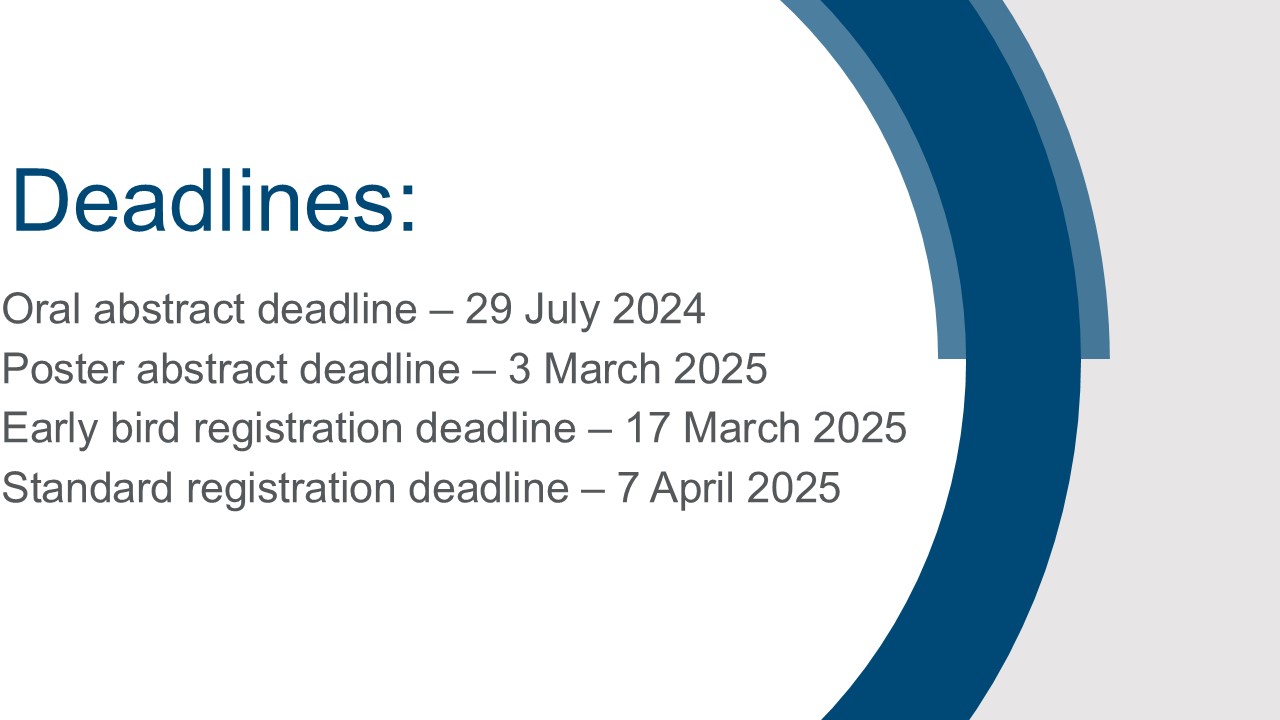
Useful links
- Faraday Discussion meetings FAQs Find out more about these unique meetings
- Faraday Discussions video
Downloads
- Programme
- Preprints - session 1: Characterising supramolecular gels
- Preprints - session 2: Using supramolecular gels
- Preprints - session 3: Design of gelling systems
- Preprints - session 4: Multicomponent systems




